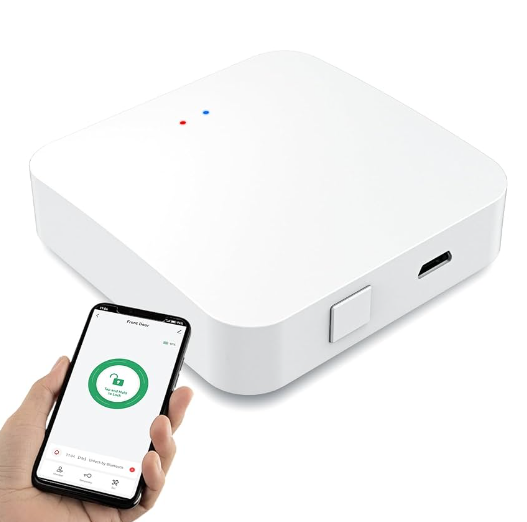The topic of effective communication skills is vital in today’s fast-paced world. Being able to convey your thoughts clearly and understand others enhances personal and professional relationships. Mastering these skills can lead to better teamwork, increased productivity, and stronger connections.
The Importance of Active Listening
Active listening involves fully concentrating, understanding, and responding thoughtfully to what someone is saying. It plays a crucial role in effective communication because it shows respect and value for the speaker’s thoughts. By practicing active listening, you can minimize misunderstandings and create an environment where open dialogue flourishes. Tips for improving active listening include maintaining eye contact, nodding to show engagement, and summarizing what has been said to confirm understanding.
Non-Verbal Communication
Non-verbal communication encompasses body language, facial expressions, and tone of voice. These elements often communicate more than words themselves. For instance, crossed arms can convey defensiveness, while an open posture signals receptiveness. Being aware of your own non-verbal cues and interpreting those of others can significantly enhance your interactions. To improve, practice being mindful of your gestures and facial expressions during conversations, as these can profoundly impact how your message is received.
Clear and Concise Messaging
Striving for clarity and conciseness in your messages helps keep your audience attentive and engaged. Avoiding jargon and overly complex language makes your ideas more accessible. Organize your thoughts before speaking or writing to ensure that your core message is delivered effectively. Practicing this can not only make your communication more engaging but also enhances your credibility. Remember, a well-structured message leaves a lasting impression and invites positive interaction.
In conclusion, mastering effective communication skills is a journey worth pursuing. By focusing on active listening, non-verbal cues, and clear messaging, you can improve your interactions both at work and in everyday life. Take the time to practice these skills, and you’ll notice a positive difference in your relationships. Start today by incorporating one of these tips into your next conversation!

